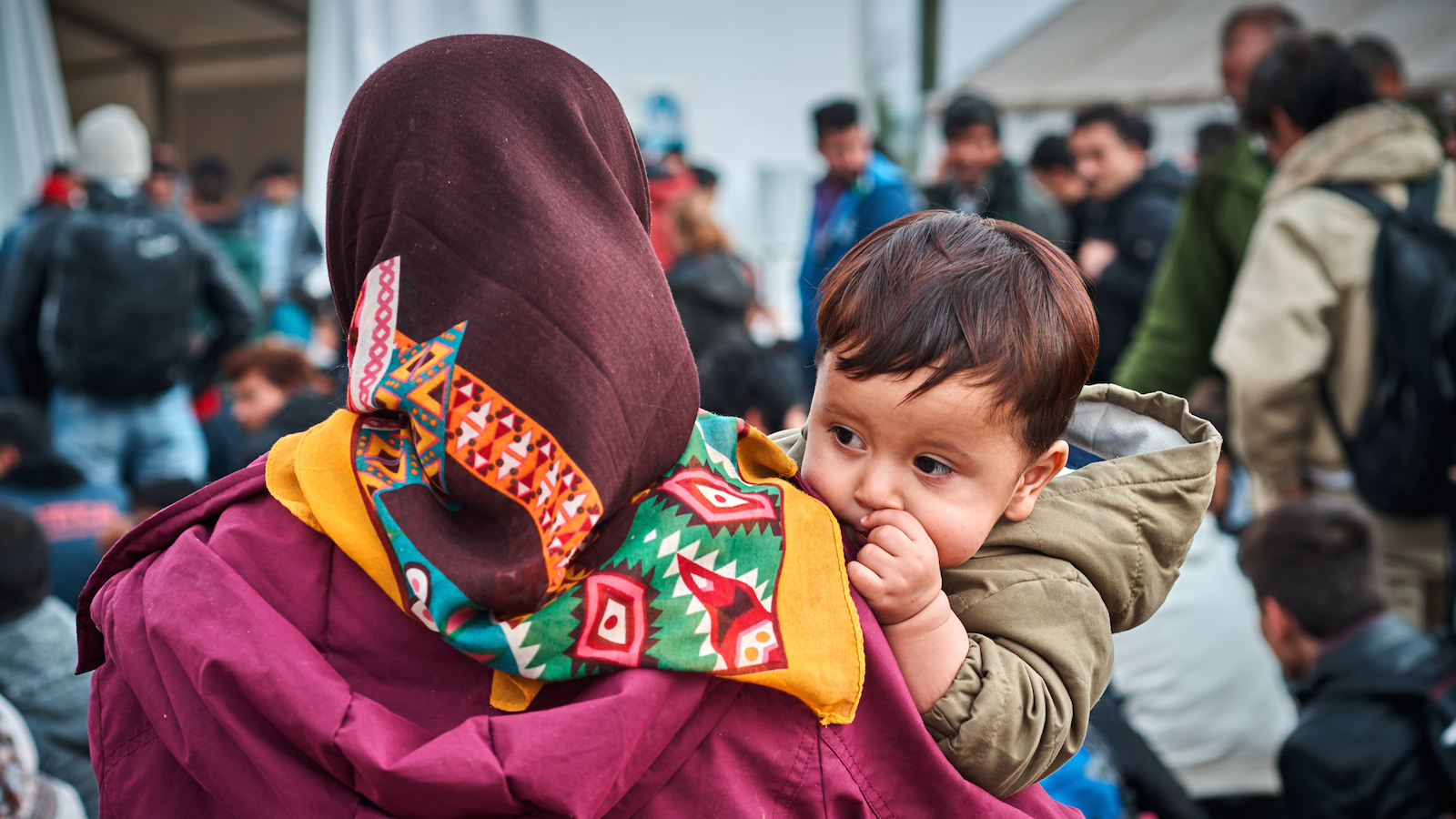Commentary on Parashat Bo, Exodus 10:1-13:16
One of my favorite U2 songs, “Walk On,” contains the lyrics: “You’re packing for a place none of us have been, a place that has to be believed to be seen.” The song describes the experience of abandoning all that one has known to embrace the promise of freedom and hope, much like the person who leaves exile after several generations to return to a homeland in which she has never lived.
The lyrics convey an understanding that sometimes home may not be the place where you live but where your roots are. Even after generations, the connection remains, growing more mythic the longer the return is awaited. And slowly, each generation confronts the question of what it might be like to actually return home.
This is the situation that the Israelites find themselves in during Parashat Bo. After generations of slavery in Egypt, they are about to be freed to leave for Canaan. They eat the Passover sacrifice ready to get on the road, according to God’s demand to eat it with “your loins girded, your sandals on your feet and your staff in your hand.” With the commotion of leaving and the expectation of a long desert journey ahead, the does not dwell on what finally leaving Egypt might mean emotionally to the Israelites. All they know is Egypt; the Canaan they have yearned for is that “place that has to be believed to be seen.” Their trust in God must sustain the Israelites for this journey that is both into freedom and into the void of the unknown.
A Trust in God
The Israelites demonstrated this trust through their preparations for the Exodus. When told of God’s instructions for the night of Passover, including the preparation for the sacrifice and the protections to be put in place to avoid the Plague of the Firstborn, the Israelites did not complain or argue. The Torah recounts: “The people bowed low in homage. And the Israelites went and did so; just as God had commanded Moses and Aaron, so they did.” Though the Israelites at times had doubted God’s ability to redeem them, this time there were no questions.

Help us keep Jewish knowledge accessible to millions of people around the world.
Your donation to My Jewish Learning fuels endless journeys of Jewish discovery. With your help, My Jewish Learning can continue to provide nonstop opportunities for learning, connection and growth.
The Rabbis suggest that so great was the Israelite trust in God that they left for their journey in the wilderness with minimal provisions, assuming (correctly) that God would provide for all of their needs in the quest to return home. Their return had been foretold: God had told Abraham that years in the future God would redeem Abraham’s descendants on this very night. Once they believed that this was the night in question, they put their fate in God’s hands.
Today, the Office of the United Nations High Commissioner for Refugees estimates that there are more than 42 million refugees worldwide, including 16 million refugees and asylum seekers and 26 million internally displaced people uprooted within their own countries. Prolonged wars and a decrease in efforts at repatriation mean that refugees are returning to their homes at an ever-slowing pace. The UNHCR estimates that at least 5.7 million refugees live in limbo, having been in exile for more than five years and with no obvious return in sight. These refugees include more than two million Darfuris displaced by the civil war in Sudan and millions of Iraqis scattered across the Middle East by the ongoing violence in their homeland.
Threat of Climate Change
But it is not just war that creates refugees. At the recent United Nations Climate Change Conference 2009 in Copenhagen, UN High Commissioner for Refugees António Guterres stated that climate change will become the biggest driver of population displacement within the not-too-distant future, as droughts become more frequent and rising sea levels inundate coastal and island nations.
For today’s refugees, no one has foretold the end of their exile, like God did for Abraham. The length of their displacement cannot be estimated and the path of their journey cannot be anticipated. Generations might be born and raised in refugee camps. The concept of home slowly becomes elusive, describing neither the impermanence of the refugee camp nor the country of origin: as U2 sings, “Home… hard to know what it is if you’ve never had one.”
During the Exodus, the Israelites had only their trust in God to assure them that their exile was nearing an end. We must endeavor to work so that today’s refugees can place the same degree of trust in the United Nations and the global community to actively support their return to their homelands and reintegration into their communities of origin. We can begin this work by striving to end war and conflict and assisting communities to prepare for and recover from natural disasters. In this way, we help to make “home,” a safe place again, a place of trust, so that refugees around the world can foresee the day when their wanderings will come to an end.
Provided by American Jewish World Service, pursuing global justice through grassroots change.




